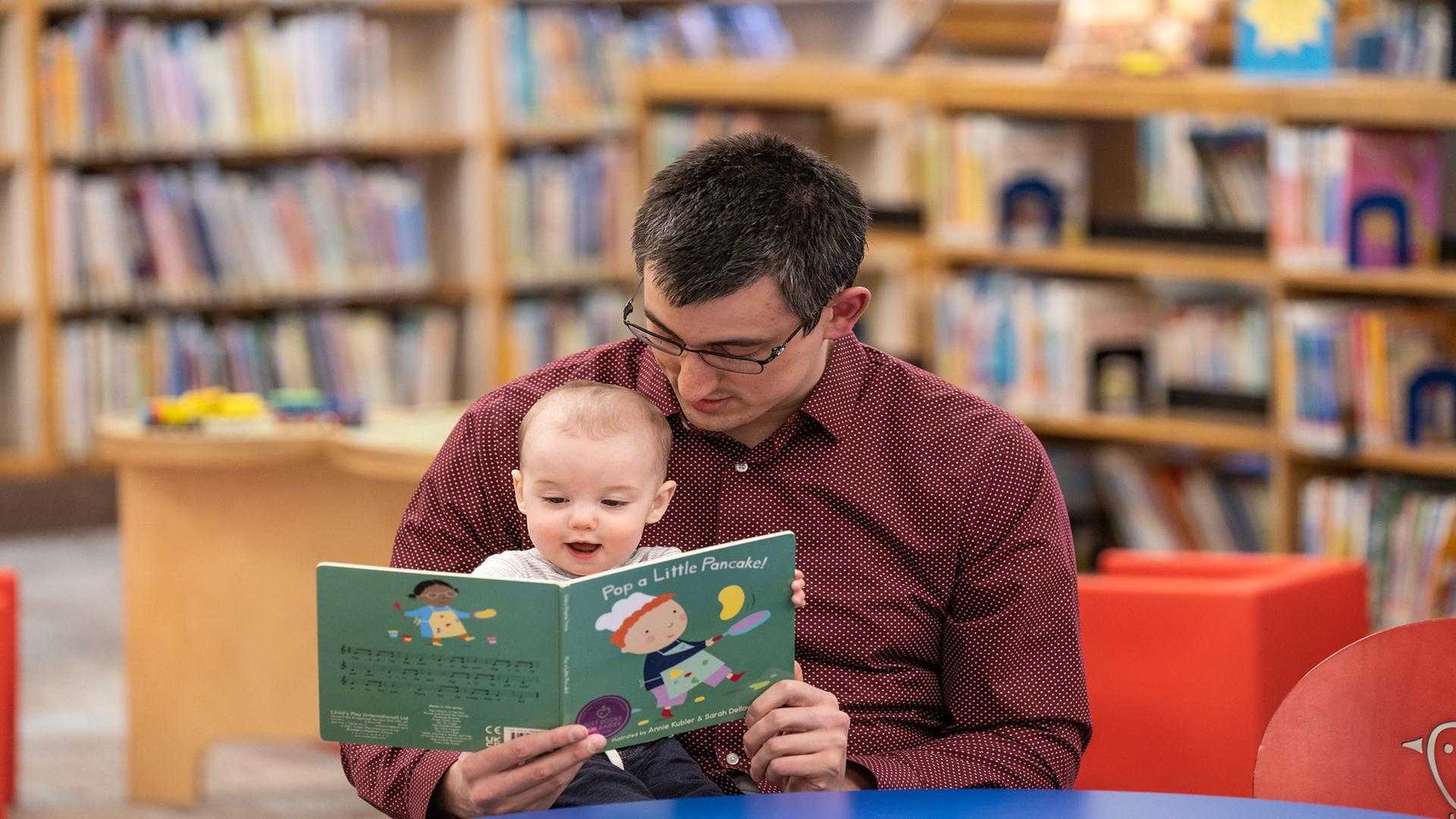What’s Next
Attention: Joint attention is the shared focus between you and your child. It is important during activities that promote learning and interaction. While reading, we can practice attention by pointing to the illustrations, responding to your child’s interests, using exaggerated expressions and gestures, and relating content to their personal experiences. This assists in maintaining engagement and reinforces their learning.
Supporting Your Child’S Learning: To help your child with reading, start by offering support based on their current abilities. As their skills grow, gradually introduce more challenging tasks. Here’s how to apply this at different stages:
- For Babies: Use board books with high-contrast images and simple text. Point to pictures and name them. Engage your baby with elements that are interactive like flaps, pop-ups, or textures.
- For Toddlers: Choose books with repetitive phrases or predictable routines. Encourage your toddler to fill in the blanks or repeat phrases after you. Ask simple questions about the pictures to build their comprehension. You can incorporate songs and body movements to build excitement.
- For School-Aged Children and Up: Choosing complex stories that are fiction or nonfiction. Dive into the story. Discuss the main idea, details, and inferences. Ask questions like, “What do you think will happen next?” or “Why did the character feel that way?” This encourages critical thinking and deeper understanding, while providing opportunities to go back into the text to find evidence.


How to Find the Right Books
Choose books appropriate for your child’s age and interests. Picture books are great for younger children, while older children might enjoy stories with more complex plots. Look for books that align with their current interests, whether it’s dinosaurs, specific cartoon characters, or fairy tales.
Reading with your child is a dynamic and rewarding process. By establishing foundational skills and adapting your approach as your child grows, you can foster a love for reading and support their literacy development. Enjoy these moments, and remember that every story shared is a step towards an imaginative, bright future. If you have any questions about your child’s reading development or need further guidance on literacy foundation skills, feel free to reach out to our clinic.


